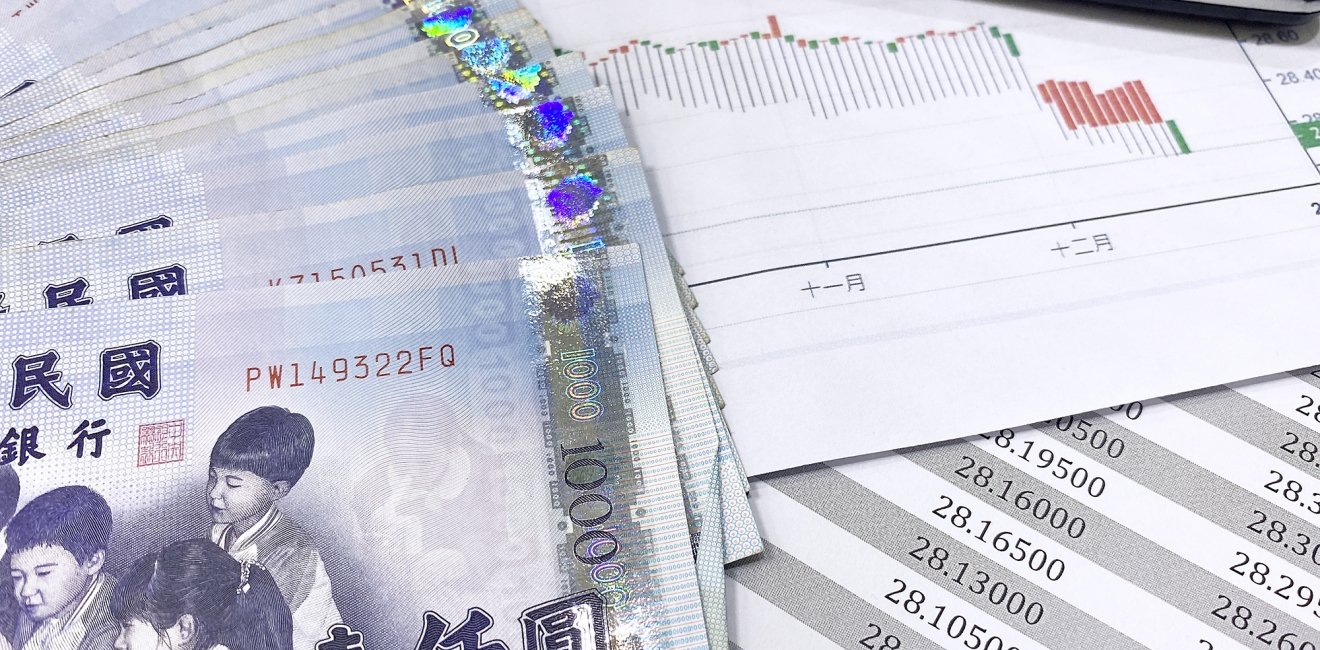
A blog of the Indo-Pacific Program
A disconnect between U.S. foreign policy and its economic agenda continues to persist as Washington looks to develop its Indo-Pacific Economic Framework. While details of the soon-to-be released plan have yet to be revealed, it seems unlikely that Taiwan will be joining the regional economic pact led by the United States. That would be a loss for both Washington and for Taipei.
The Biden administration is well aware that its lack of economic vision for the Indo-Pacific contrasts sharply to its efforts to bring like-minded countries together within and beyond the region on the security front. By releasing a strategy for the region even before a broader national security strategy in February, the White House made clear that it recognizes the crucial need to remain engaged in the region, even as the United States is embroiled in the ongoing Russian invasion of Ukraine. While the 19-page strategy was short on details, the paper made clear that greater U.S. engagement on the economic front in the region was not only crucial for its own businesses and growth, but strategically as well in its efforts to push back against Chinese incursion.
Taiwan is, of course, at the forefront of Chinese aggressions. While global efforts to cut Russia off from the international economy in an effort to weaken Moscow’s efforts to absorb Ukraine may have led Beijing to reconsider any plans to act against Taipei, the fact remains that China still sees absorption of Taiwan as one of its core national interests. In short, the security of Taiwan remains more at risk.
Taiwan is particularly vulnerable, given its ambiguous status in the international community.
Moreover, while it may not be possible to predict when and how the conflict in Ukraine will end, what is clear is that the international order is now facing challenges to current boundaries of sovereignty and identity. Taiwan is particularly vulnerable, given its ambiguous status in the international community. Inviting Taipei to join a new economic framework led by the United States would not only be a wise move economically, given Taiwan’s critical role as the world’s dominant advance semiconductor manufacturer, but more importantly, it will be a strategic move that comes to the defense of Taiwan’s sovereignty and security.
Many U.S. legislators recognize this. Over 200 members of Congress signed a letter March 30 urging the USTR and Department of Commerce to have Taiwan participate in at least part of the Indo-Pacific Economic Framework, arguing that it would allow Washington to align clearly with Taipei. That in turn would signal that the United States is prepared to take a stance against China as much as building up a partnership with Taiwan still further.
The downside risks of not having Taiwan join the new framework are clear too. For one, it would lead to growing frustration within Taipei about U.S. hesitancy to take a stance in favor of Taiwan and lead to concerns about Washington’s commitment to coming to its defense more broadly. The bigger risk is that China would view Washington’s determination to promote and protect Taiwan as tepid at best.
At a time when prevailing rules of the international order are in flux, the need for Washington to make its commitment to defend the status quo and the rule of law have never been higher. The Indo-Pacific Economic Framework should be seen as an opportunity for Washington to make clear its will not only to work closely with its allies, but also to highlight the partnerships it has with like-minded partners, which should include Taiwan.
Follow Shihoko Goto, deputy director for geoeconomics and senior associate for Northeast Asia, on Twitter @GotoEastAsia.
The views expressed are the author's alone, and do not represent the views of the U.S. Government or the Wilson Center. Copyright 2020, Asia Program. All rights reserved.
Author


Indo-Pacific Program
The Indo-Pacific Program promotes policy debate and intellectual discussions on US interests in the Asia-Pacific as well as political, economic, security, and social issues relating to the world’s most populous and economically dynamic region. Read more





